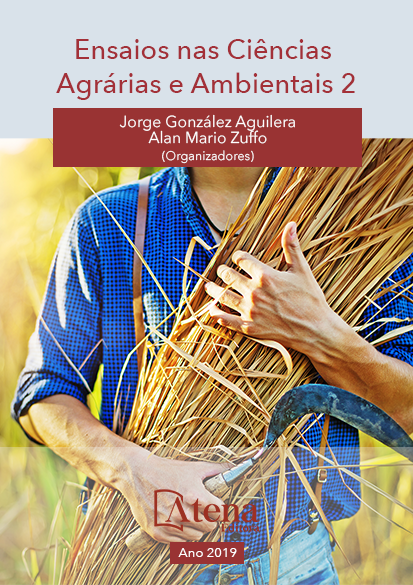
A LOGÍSTICA REVERSA E O TRIPLE BOTTOM LINE DA SUSTENTABILIDADE
Este trabalho teve como objetivo
identificar quais são as contribuições que o
processo de logística reversa pode trazer para
cada uma das dimensões da sustentabilidade
conforme o modelo Triple Bottom Line (TBL).
Para tanto, realizou-se uma revisão da literatura
que buscou mostrar a evolução dos conceitos
da Logística Reversa (LR) e sua relação com
a sustentabilidade, considerando as três
dimensões da sustentabilidade abarcadas pelo
referido modelo, tendo como foco os aspectos
econômicos, sociais e ambientais. Foi possível
constatar que os benefícios econômicos são
mais evidentes e estão relacionados com
ganhos diretos e indiretos. Em relação à
dimensão social foi possível observar que
esta tem recebido pouca atenção da literatura
existente, mesmo este sendo este um fator
crítico para avaliar o comprometimento da
empresa com a sustentabilidade. As discussões
sobre a influência da LR na dimensão social são
praticamente inexistentes e consideram em sua
maioria apenas a sua capacidade de contribuir
para geração de emprego e renda com a
atividade de reciclagem. Sobre os benefícios
ambientais com a prática de LR, a literatura
encontrada aborda a redução da poluição
do solo, da água e do ar, o aumento da vida
útil dos aterros, a melhoria das condições de
saúde pública, a redução de resíduos sólidos,
podendo evitar ainda a escassez de recursos
ambientais. Contudo, para que os benefícios
econômicos, sociais e ambientais sejam
concretizados é imprescindível ter atividades
de LR coerentemente estruturadas e avaliadas
frequentemente
A LOGÍSTICA REVERSA E O TRIPLE BOTTOM LINE DA SUSTENTABILIDADE
-
DOI: 10.22533/at.ed.2161917013
-
Palavras-chave: Logística Reversa; Dimensões da Sustentabilidade; Triple Bottom Line.
-
Keywords: Reverse Logistics; Dimensions of Sustainability; Triple Bottom Line.
-
Abstract:
This work aimed to identify
the contributions that the reverse logistics
process can bring to each of the sustainability
dimensions according to the Triple Bottom Line
(TBL) model. A literature review was carried
out to show the evolution of the concepts of
Reverse Logistics (LR) and its relationship with
sustainability, considering the three dimensions
of sustainability covered by this model, focusing
on economic, social and environmental aspects.
environmental impacts. It was possible to verify
that the economic benefits are more evident andare related to direct and indirect gains. In relation to the social dimension, it was possible
to observe that it has received little attention from the existing literature, even this being
a critical factor to evaluate the company’s commitment to sustainability. Discussions
about the influence of LR on the social dimension are practically nonexistent and
consider for the most part only their ability to contribute to job and income generation
through recycling activity. Regarding the environmental benefits of LR, the literature
found addresses the reduction of soil, water and air pollution, the increase in the life of
landfills, the improvement of public health conditions, the reduction of solid waste, and
to avoid the scarcity of environmental resources. However, for the economic, social
and environmental benefits to be realized it is essential to have LR activities that are
coherently structured and evaluated frequently.
-
Número de páginas: 15
- Adriana dos Santos Bezerra


